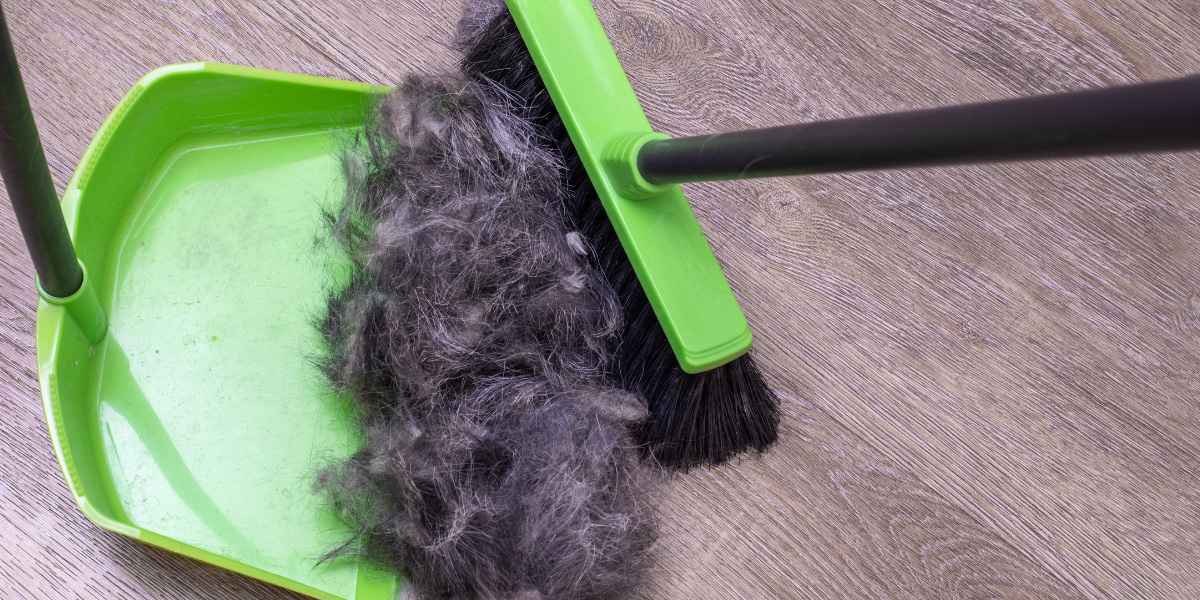Preventing and Controlling Pet Hair Loss
Doctor of Veterinary Medicine

While efforts are made to answer all questions as quickly as possible, if an immediate answer is required or if your pet is in need of urgent or emergency care, contact your pet's veterinarian immediately.
Doctor of Veterinary Medicine

You will receive an answer from Dr. Lindsay and our vet/tech team as soon as possible, usually the same day.
All answers are provided for informational or educational purposes only, and are intended to be a supplement to, and not a substitute for, the expertise and professional judgment of your pet's veterinarian.
It may be necessary to consult your pet's veterinarian regarding the applicability of any opinions or recommendations with respect to your pet's symptoms or medical condition.
CloseDoctor of Veterinary Medicine

An error has occurred, please reload the page and try again.
CloseWhile efforts are made to answer all questions as quickly as possible, if an immediate answer is required or if your pet is in need of urgent or emergency care, contact your pet's veterinarian immediately.
There is no answer related to your question

Hair loss in pets is most often caused by itching and skin diseases, but it may also be attributed to your pet's nutrition, organ function, blood flow, hormones, and behavior. To reduce your pet's hair loss:
Add an omega 3 supplement
Feed your pet a multivitamin with Omega 3 fatty acids, which may help restore your pet's skin health and reduce hair loss.
Apply a monthly flea preventative
If your pet is constantly itching, this can cause hot spots and other skin diseases which may trigger hair loss. Give your pet a monthly flea preventative to kill fleas and other pesky insects.
Groom your pet regularly
Wash and groom your pet frequently to remove bacteria from the skin and hair follicles.
Establish a healthy diet
Feed your pet food that is lean, nutritious, and fortified with vitamins and minerals.
Supplement your pet's diet with a fatty acid supplement like Brite Coat Chews, which contains fatty acids Omega 3 and Omega 6 to help restore a soft and shiny coat.
 Swipe
Swipe







































